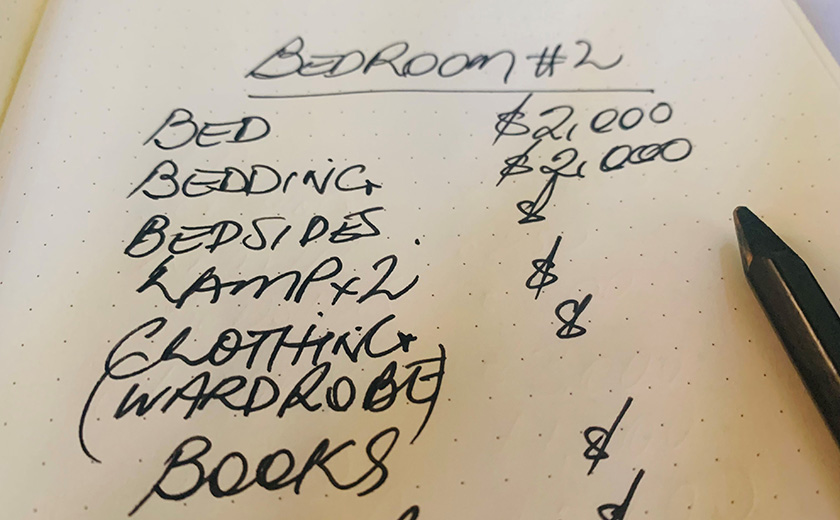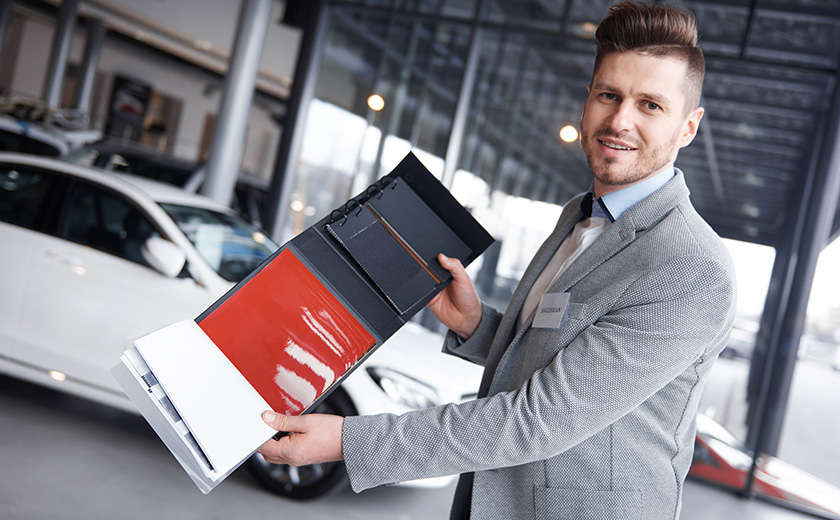Even for the safest drivers, a car accident can happen in the blink of an eye. In the moments following a collision, you may find yourself reeling and unsure of what to do. First, take a few deep breaths to calm down. Here’s what to do next:
People first.
Whether it’s a minor fender bender or an accident between several cars, it’s important to check that everyone involved is OK. If anyone is injured, call 000 and do not attempt to move them unless they’re in danger.
Move to safety.
If you can move your car, drive or push it off the road to reduce the risk of another accident occurring. Put your hazards on to alert other drivers and try to clear any large pieces of debris off the road if is safe to do so.
Report the accident to Police within 24 hours and record the incident number provided in case you’re asked to present it for insurance purposes later.
Get the details.
This is where your smartphone will come in handy. Take photos of the cars involved and the other car’s number plate. Take photos of the scene of the accident and anything of note, such as water on the road. Conditions of the road including the weather are useful details for an insurer assessing your claim.
Exchange your details with the other driver, taking down their full name, address, phone number and their insurance details. Also take a photo of their license, front and back in case they have a change of address label.
Need a tow?
If you need a tow your first port of call should be your insurer. Most insurers can arrange towing on the spot for you and they will also be able to tell you whether you’re covered for the tow. Your car will be taken to a holding yard or an assessor of your choice where a report will be done on the repairs needed and your claim can get underway.
Getting your money back.
After an accident, the first thing on your mind is making sure all parties are safe. However, soon after this you’ll be thinking about making a claim to your insurer. How much you get back depends on what type of car insurance you have.
- Comprehensive – Top cover, the total package that can cover your car and others’ plus extra protection for things like personal items in your car.
- Third party property – This can cover you for the cost of damage to other people’s cars or property.
- Third party fire and theft – This can cover damage to other cars, plus your car if it is stolen or catches fire.
- CTP – Compulsory third party (CTP), also known as a green slip, covers you if you injure someone in an accident. As the name suggests, it’s compulsory.
Car insurance policies can be tailored to the individual, which helps provide exactly the cover you need. But the downside is, most people don’t keep it up to date. The last thing you need in the event of an accident is to find out you’re not covered because you forgot to update your policy.
Things to consider updating include:
- The value of your car – has it increased or decreased? In the event of an accident you may not get an adequate amount back.
- Where you park – did you have a covered garage and now park on the street? If this isn’t reflected in your policy you may not be covered if someone backs into you.
- Inclusions – does your policy provide after accident care? Will it cover a hire car if yours is off the road for repairs? Do you have to pay an excess even if the accident wasn’t your fault?
If you’re unsure, it doesn’t hurt to get in contact with your insurer. You might even find you are eligible for a discount or a no claim bonus.
There’s a lot to consider, but it doesn’t have to be complicated. Because the truth is, no matter how careful a driver you are or how safe the model of your car, you simply can’t control all the conditions on the road. Sometimes things happen that are completely out of your control. So, if you do find yourself in the unfortunate event of an accident, it will be a relief to know that you will be taken care of.
Car Insurance issued by Insurance Australia Limited ABN 11 000 016 722 AFSL 227681 under the CGU brand. The advice on this page is general advice only and does not take into account your individual objectives, financial situation or needs (“your personal circumstances”). Before using this advice to decide whether to purchase the insurance policy, you should consider your personal circumstances and the relevant Product Disclosure Statement available from cgu.com.au.




